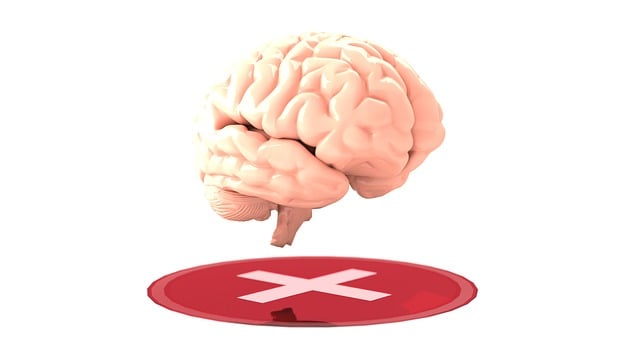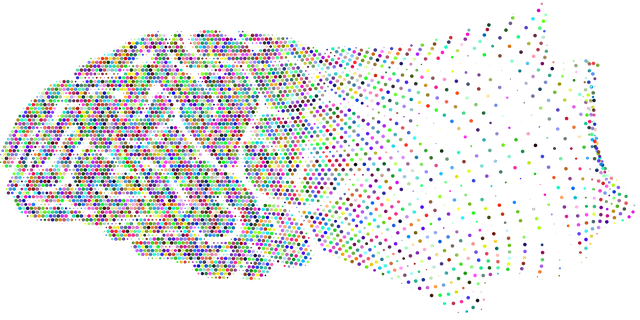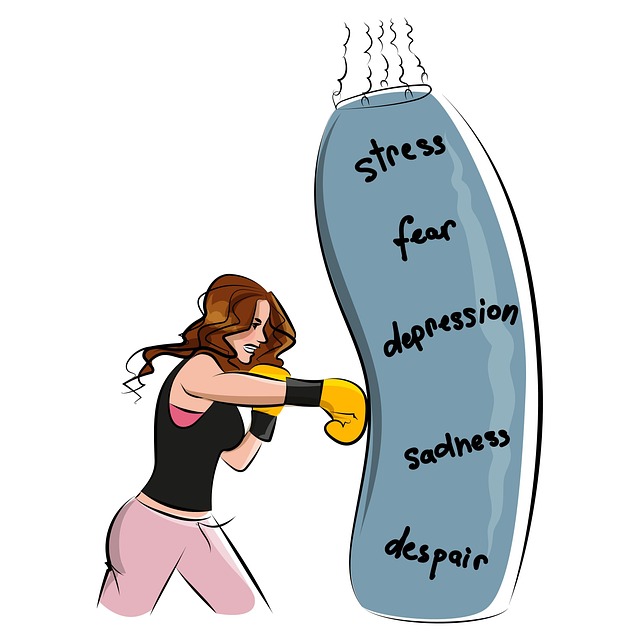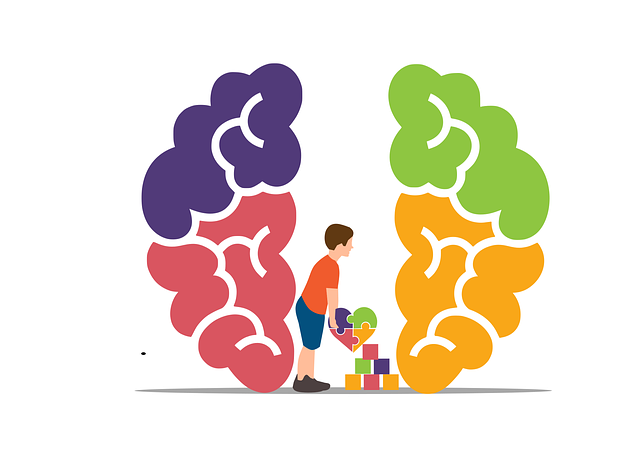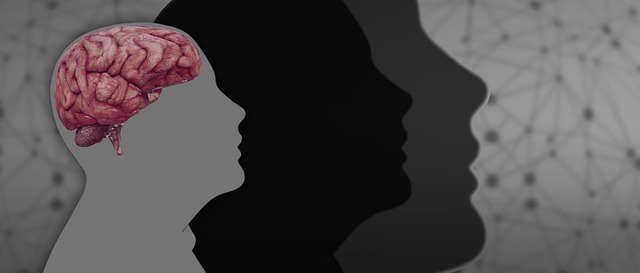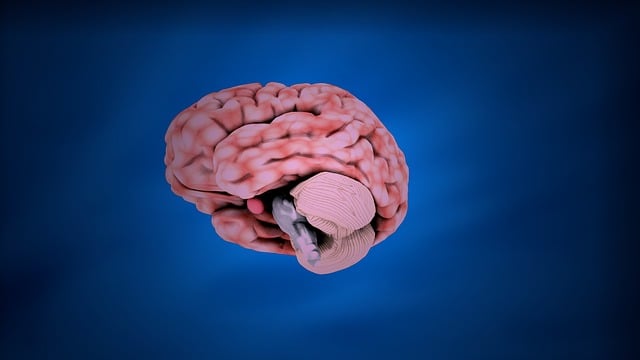The Golden Crisis Counseling Therapy (GCCT) model offers a holistic, evidence-based framework for evaluating mental wellness programs. It combines crisis intervention with resilience building, providing tools for immediate support and long-term adaptability. GCCT uses structured assessments, pre/post surveys, and qualitative feedback to track symptom changes, coping mechanisms, and overall well-being, ensuring program effectiveness and continuous improvement in supporting individuals' mental health.
Mental wellness programs are crucial for fostering resilience and well-being. This article explores effective evaluation methods, beginning with an in-depth look at Golden Crisis Counseling Therapy (GCCT) – a structured framework designed to assess and address acute mental health crises. We delve into practical techniques for evaluating these programs, highlighting key tools and metrics. By understanding GCCT’s principles and implementing robust assessment strategies, organizations can ensure their interventions are measured, effective, and continuously improved, ultimately enhancing the overall mental wellness of participants.
- Understanding Golden Crisis Counseling Therapy: A Framework for Evaluation
- Methods for Assessing Mental Wellness Programs
- Measuring Impact and Effectiveness: Tools and Techniques for Continuous Improvement
Understanding Golden Crisis Counseling Therapy: A Framework for Evaluation

Golden Crisis Counseling Therapy (GCCT) offers a unique framework for evaluating mental wellness programs by emphasizing a holistic approach to addressing crises and fostering resilience. This therapeutic method recognizes that individuals facing severe challenges, such as trauma or acute stress, require immediate support while also focusing on long-term coping strategies. GCCT aims to facilitate not just anxiety relief but also the development of robust coping skills and enhanced resilience.
By integrating evidence-based practices, GCCT evaluates programs based on their ability to provide prompt crisis intervention, individualize treatment plans, and promote client empowerment. This involves assessing the program’s effectiveness in helping participants acquire practical tools for managing distress, improving emotional regulation, and cultivating a sense of control over their lives. Ultimately, the goal is to enable individuals to navigate future challenges with greater adaptability and resilience.
Methods for Assessing Mental Wellness Programs

Evaluating mental wellness programs is a multifaceted process that goes beyond simple satisfaction surveys. Effective assessment methods delve into measurable outcomes, client feedback, and qualitative data to gauge program impact. One robust approach involves utilizing standardized tools like the Golden Crisis Counseling Therapy (GCCT) model, which provides a structured framework for measuring changes in symptoms, coping mechanisms, and overall well-being. This evidence-based model facilitates comprehensive risk assessment, aligning with best practices for mental health professionals.
Furthermore, integrating crisis intervention guidance into evaluation ensures programs are prepared to handle acute situations and support individuals in distress. Additionally, assessing burnout prevention strategies within the program can offer valuable insights into the long-term sustainability and resilience of the initiative. By combining quantitative data from surveys with qualitative feedback from participants and mental health professionals, a holistic understanding of program effectiveness emerges.
Measuring Impact and Effectiveness: Tools and Techniques for Continuous Improvement

Evaluating the impact and effectiveness of mental wellness programs is a critical aspect of ensuring their continuous improvement and success in supporting individuals’ well-being. This process involves employing various tools and techniques to measure outcomes, track progress, and identify areas for enhancement. One powerful method is utilizing structured assessments and surveys that capture participants’ perspectives on their mental health status before and after the program. These instruments can assess changes in symptoms, mood, anxiety levels, and overall functioning, providing valuable insights into the program’s efficacy. For instance, the Golden Crisis Counseling Therapy (GCCT) model may include pre-and post-program surveys to gauge improvements in coping skills development and stress reduction methods.
Additionally, qualitative feedback from participants through interviews or focus groups offers a deeper understanding of their experiences. This approach allows for the exploration of personal narratives, the unearthing of hidden challenges, and the identification of specific techniques or activities that resonated with individuals. Integrating these qualitative data alongside quantitative assessments provides a comprehensive view of the program’s impact. For example, participants might share how Social Skills Training sessions empowered them to navigate social situations more effectively, thus enhancing their overall mental wellness and quality of life.
Evaluating mental wellness programs is a dynamic process, and Golden Crisis Counseling Therapy (GCCT) offers a robust framework for this. By combining qualitative and quantitative methods, professionals can assess the effectiveness of interventions, identify areas for improvement, and measure impact. This holistic approach ensures that mental health services are tailored to meet the unique needs of individuals, fostering better outcomes and enhanced well-being. Integrating GCCT principles into program evaluations enables a more nuanced understanding of client experiences, ultimately revolutionizing care delivery in today’s digital era.




